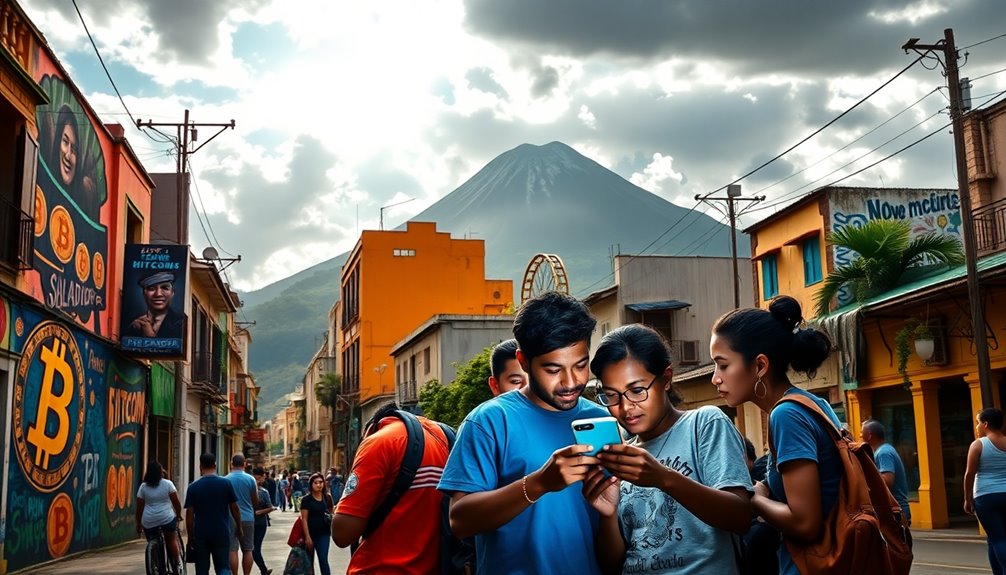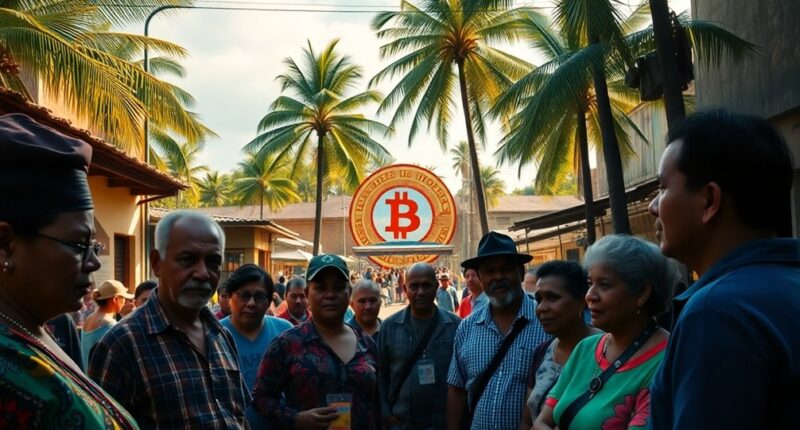Recent changes in El Salvador's crypto regulations have redefined Bitcoin's status as "voluntary legal tender," but the implications are far from clear. With the government halting Bitcoin payments due to financial stability worries and a vast majority of citizens choosing not to use it, the future of cryptocurrency in the country raises critical questions. What does this mean for both the economy and the average Salvadoran? The answers may surprise you.

As El Salvador navigates its evolving relationship with Bitcoin, significant regulatory changes have emerged that reshape the landscape of cryptocurrency within the country. Initially, when El Salvador adopted Bitcoin as legal tender in September 2021, the government mandated that all businesses accept it as a form of payment. However, recent amendments to the law have shifted Bitcoin's status; it's now classified as "voluntary legal tender," meaning businesses aren't required to accept it anymore. This change marks a notable shift in the government's approach to Bitcoin, especially considering that the U.S. dollar continues to be the primary currency in the country.
You might find it interesting that the government has discontinued making payments in Bitcoin, a decision that reflects growing concerns over financial stability. The International Monetary Fund (IMF) voiced apprehensions regarding Bitcoin's volatility, leading to a $1.4 billion loan agreement in late 2024 that required El Salvador to scale back its Bitcoin adoption. With no capital gains tax on Bitcoin transactions, the government still holds Bitcoin reserves, betting on future value increases despite the regulatory shifts. Additionally, the government's involvement in Bitcoin transactions has been significantly reduced, which aligns with IMF requirements to maintain global financial agreements. As the country reassesses its Bitcoin strategy, concerns about the environmental concerns associated with mining practices are also coming to light.
The implications of these changes are significant. Since the government is no longer responsible for facilitating Bitcoin transactions, the state-run Chivo Wallet might face phasing out. Moreover, tax payments and government fees can no longer be made in Bitcoin, which could deter its use in daily transactions. A recent survey indicated that 92% of Salvadorans didn't use Bitcoin for transactions in 2024, underscoring its minimal impact on the local economy.
As Bitcoin's adoption slows, you may wonder how this affects technological and financial challenges. The complexities of using Bitcoin, coupled with its volatility, create hurdles for widespread acceptance. Institutions have raised concerns about financial stability, emphasizing the need for scalable solutions like the Lightning Network to mitigate these risks. The potential for enhanced transaction speed and lower costs through such innovations could play a crucial role in the future of Bitcoin.
Looking ahead, El Salvador's experiment with Bitcoin unfolds amid a global landscape where other regions, such as Bhutan and Dubai, explore similar paths. The future of Bitcoin in El Salvador hinges on broader economic factors, and regulatory shifts could influence other nations contemplating analogous policies. While the government remains committed to accumulating Bitcoin, the evolving regulations raise questions about the sustainability and future of cryptocurrency in the country.









